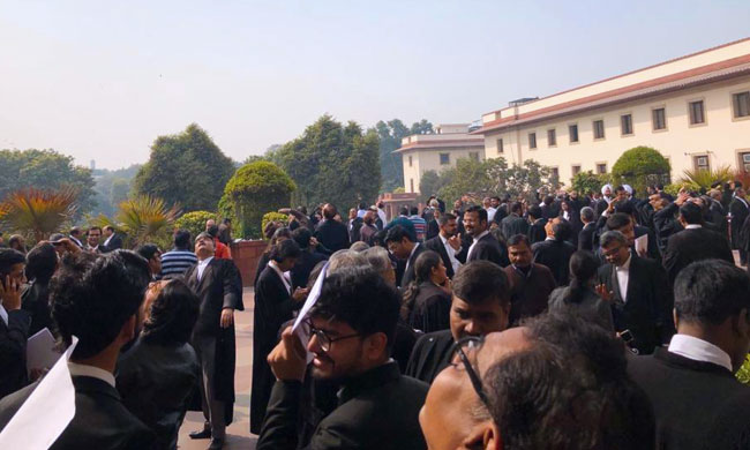Statement by Former Law Clerks cum Research Assistants at the Supreme Court of India On 23 April 2019, the Times of India published an article titled, 'After allegation against CJI, many SC judges ask for male staff at houses'. The article went on to say: 'Some judges expressed apprehension about employing female law clerks, who like their male counterparts work mostly in residential...

